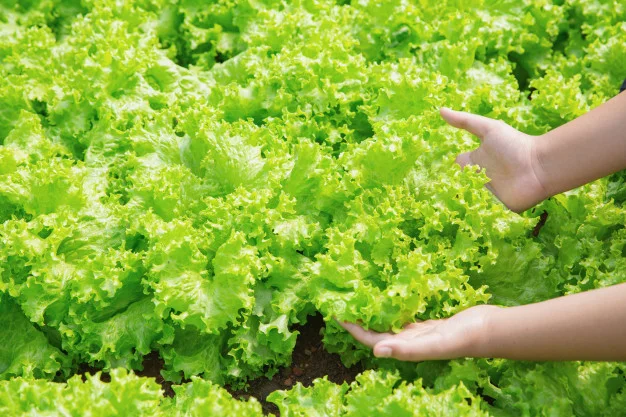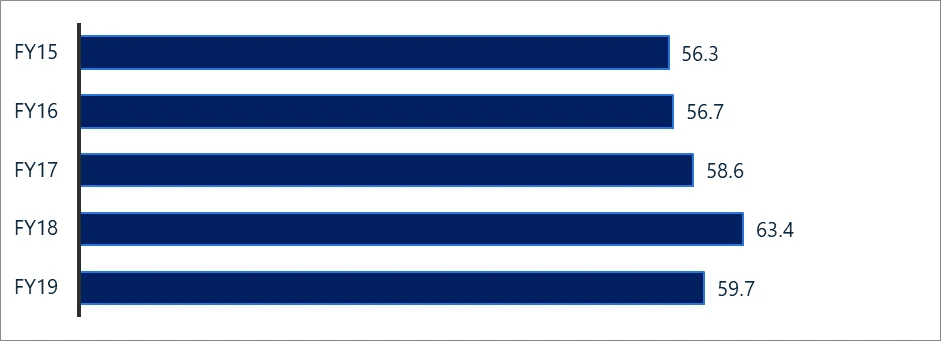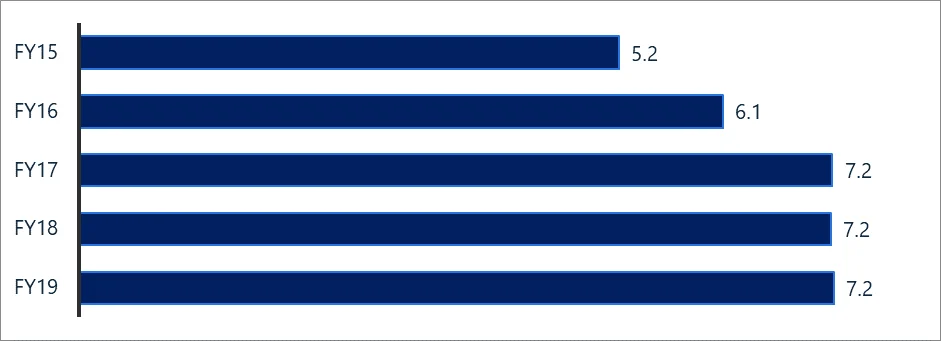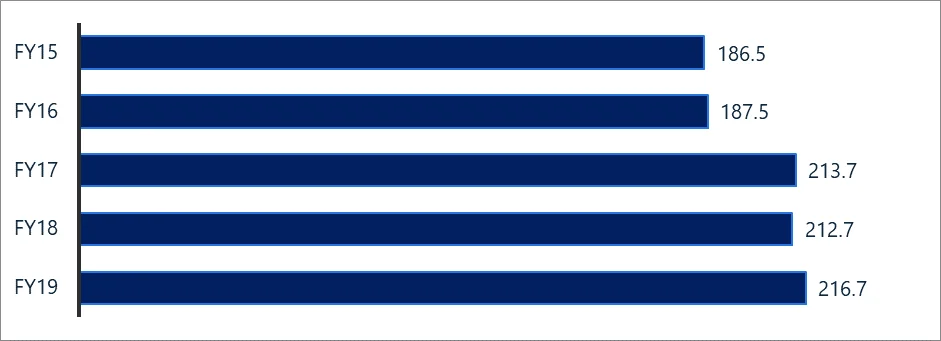
Blog
17th December 2020
Pesticides refer to chemicals that are made to kills or control insects, rodents, or any threat which can affect plants’ growth. The pesticide is a common name given to Plant Protection Product (PPP) and is a mixture of substances of chemical or biological ingredients intended for repelling, destroying or controlling any pest, or regulating plant growth. These are widely used in the agricultural sector for decades.
Indian Pesticide market has been heavily affected owing to various events that occurred in recent times. According to the analysis by Agriculture ministry, the Indian pesticide industry is heavily dependent on Chinese imports for raw materials and is impacted by COVID 19 outbreaks and India-china border issues. The pesticide industry in India heavily depends on the import of around 15 technical insecticides (intermediate product used in the manufacture of Commercial pesticides) from china.
India’s current pesticide stock is insufficient for the whole year as the domestic inventories may be only sufficient for the Kharif sowing season but not for the Rabi season sowing, which could also lead to a rise in pesticides’ prices. As the demand will be much more due to recent unexpected locust attacks in different parts of the country and the upcoming Rabi season sowing, there is likely to be a shortage in supply of Pesticides owing to the reliance on Chinese imports. There is a major supply gap, as no container has come from china since January 2020 when factories in China were shut during the new year festival and later impacted by the outbreak of COVID-19 pandemic and now Indo-China LAC issue that led to the disruption in Chinese Imports.
Out of 15, pesticides like Acephate, Cartap, Buprofezin, Pretilachlor represent 80-90% trade from China whereas pesticides like Imidacloprid, Azoxystrobinb, Imzathapyr, Acetamiprid represent 40-50% import from China. Few technical insecticides that are produced in the country also rely on the raw material sourced from China.
Below is the table showing the production and consumption of the major pesticides in India as per the statistical database:
Quantity of Consumption of Chemical Pesticides, in Kilo tons, India, FY2015 – FY2019
 Source: Department of Chemicals & Petro-Chemicals, Ministry of Chemicals & Fertilizers
Source: Department of Chemicals & Petro-Chemicals, Ministry of Chemicals & Fertilizers
Quantity of Consumption of Biopesticides, in Kilo tons, India, FY2015 – FY2019
 Source: Department of Chemicals & Petro-Chemicals, Ministry of Chemicals & Fertilizers
Source: Department of Chemicals & Petro-Chemicals, Ministry of Chemicals & Fertilizers
Quantity of Production of Pesticides, in Kilo tons, India, FY2015 – FY2019

Source: Department of Chemicals & Petro-Chemicals, Ministry of Chemicals & Fertilizers
The Indian Pesticide industry is going to be highly affected due to the two major reasons, Firstly – The recent tweet from WHO that states “1 in 10 people fall ill every year from eating contaminated food and 4,20,000 die each year as a result across the globe”, however, this will have an impact across the global agriculture industry. Secondly – the Indian Government’s move to ban 27 widely used pesticides including key products like mancozeb, 2,4-D and chlorpyrifos as these are likely to involve risk to human beings and animals. These generic products which have been banned have a market size of INR 40-50 billion and have been used for the last three to four decades by Indian farmers without any complaints unless misused. Prices of replacement products are almost three to six times higher than existing prices as they have to be imported from other countries. This will be an added burden on the Indian farmers.
So apart from all this, the question arises, is it the right time for the Indian pesticide industry to increase its share in the global market?
Considering the vast agriculture industry in the country, there is a high consumption of pesticides. This demand is anticipated to increase in the coming years. This could prove to be the right time for the country’s pesticide industry to increase its global share since most of the countries are looking for alternatives to trade with China. The Government must help local manufacturing companies by granting registration from the Central Insecticide Board and manufacturing licenses by States.